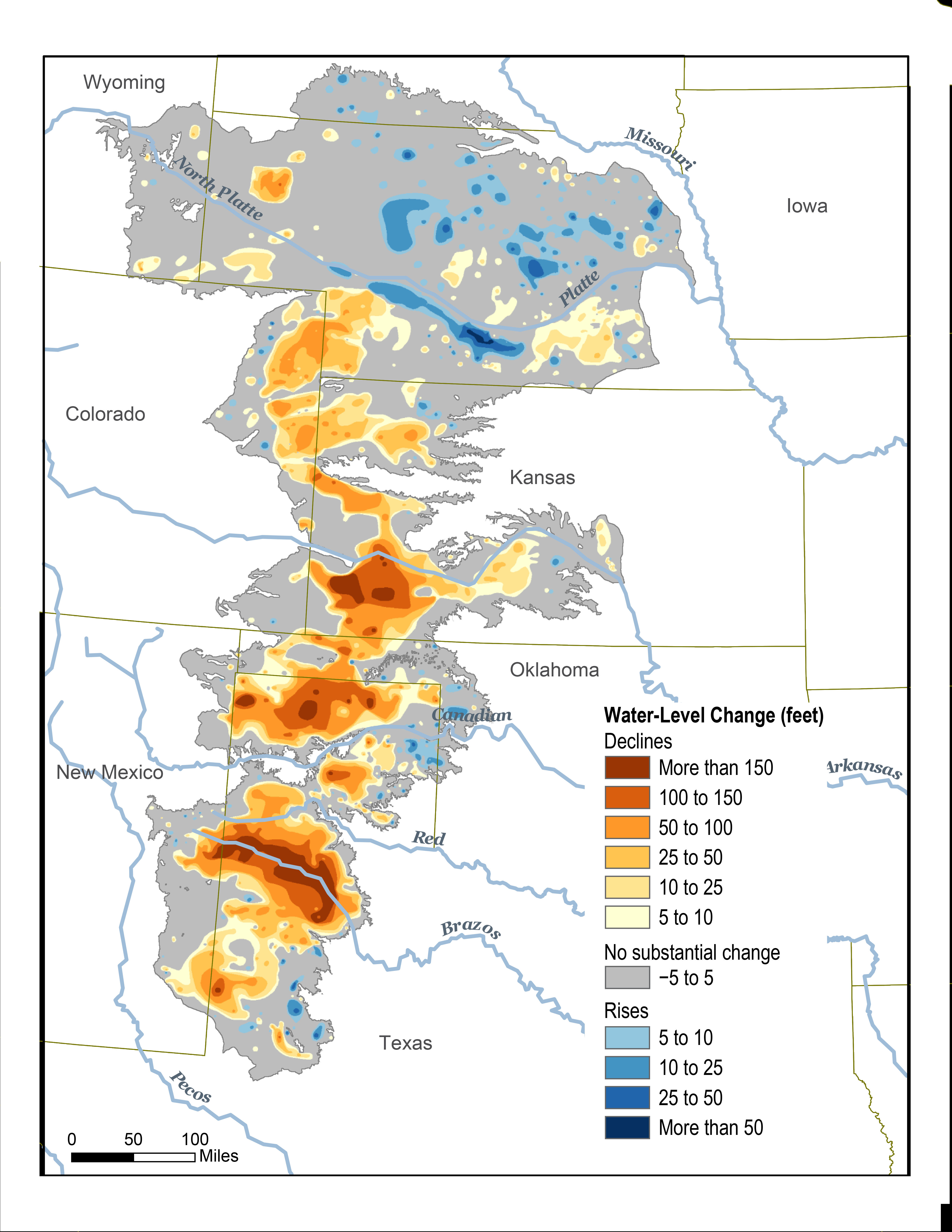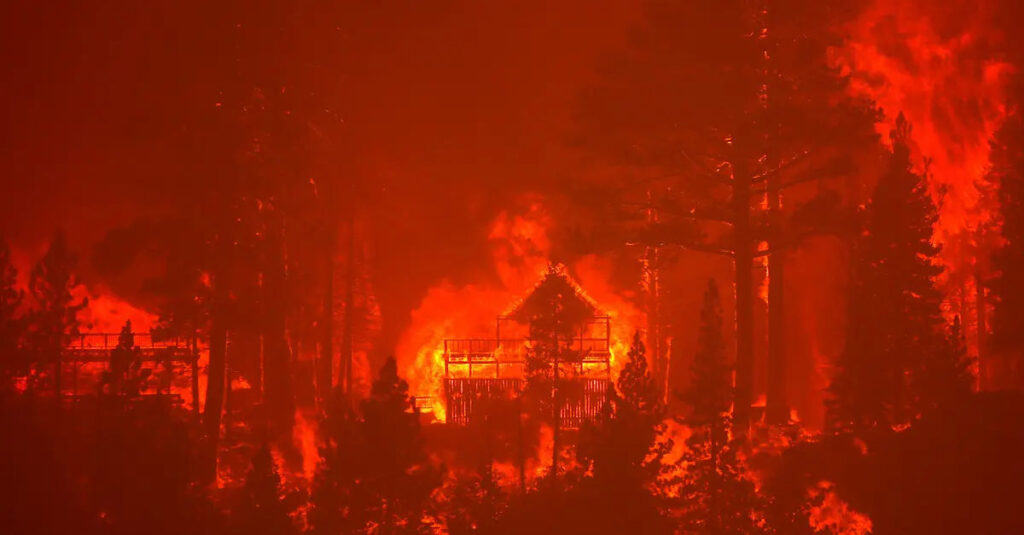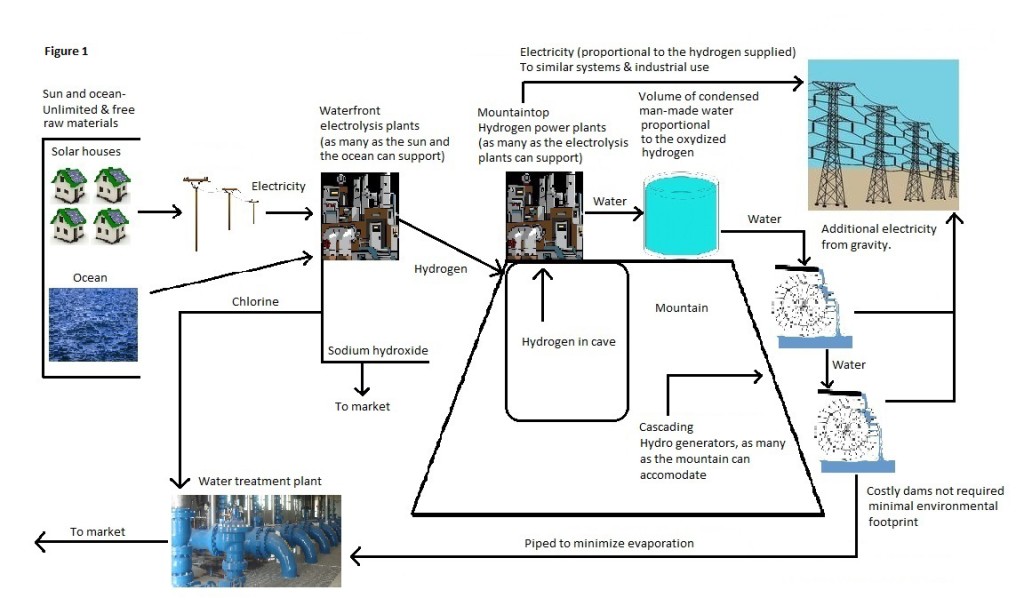Quotation
“The first man who, having fenced in a piece of land, said “This is mine,” and found people naïve enough to believe him, that man was the true founder of civil society. From how many crimes, wars, and murders, from how many horrors and misfortunes might not any one have saved mankind, by pulling up the stakes, or filling up the ditch, and crying to his fellows: Beware of listening to this impostor; you are undone if you once forget that the fruits of the earth belong to us all, and the earth itself to nobody.”
Jean-Jacques Rousseau, Discourse on Inequality, 1754
Background
Some people have dominant personalities: their instinctive, automatic trait is to dominate others. Societies follow the same pattern. Since time immemorial some have intimidated, blackmailed, extorted, conquered, enslaved and even exterminated others to steal their resources.
Japan and Germany, two technologically advanced societies without domestic oil or gas resources, fought World War II to address that deficiency. Japan sought to take over the (then) Dutch East Indies, and Germany went after oil resources in the Caucasus and the Persian Gulf. Both failed. Japan lost its fleet and Germany was partitioned and occupied. Britain, all but bankrupt, lost its empire, and with it, any hope of maintaining naval parity with the U.S. As for the Soviet Union, its navy never had the capacity to project power globally. As a result, by the end of the war the U.S. had gained complete global naval hegemony.
Prior to, during, and immediately after the war, China was poor, powerless and prostrate. Although nominally a victor of sorts because its enemy, Japan, had been defeated, the former played no effective role in shaping the post-war world order. Shortly thereafter the civil war resumed between Chinese Communists and Nationalists; the latter lost and fled to Taiwan. On March 3, 1955 a defense pact between the U.S. and Taiwan, then known as the Republic of China, came into force. The U.S. terminated that treaty on January 1st, 1980, one year after establishing diplomatic relations with the People’s Republic of China, and enacted the Taiwan Relations Act, ambiguous legislation that neither guarantees nor relinquishes American assistance in the event of a Chinese attack on Taiwan. Originally the ambiguity was intended to dissuade Taiwan from declaring independence and China from boycotting, embargoing, or invading Taiwan. All these events preceded China’s meteoric economic and military rise.
Energy Aspects
China is the world’s largest energy consumer and producer in the world. Its dependency on foreign oil is at 70 percent, and it is expected to grow. South Korea, Japan and Western Europe, close American allies, are in a similar situation. Although heavily dependent on Russian gas, it is American power that has thus far all but guaranteed the Europeans with uninterrupted access to the oil they need. However, keenly aware that in the summer of 1941 the U.S. froze Japanese assets and stopped exporting oil and gasoline to it, China is determined to preclude a repetition of those events.
Many things have changed since the end of World War II, among them that U.S. proven oil reserves amount to about 5 years at current consumption levels, and that, as mentioned, 70 percent of China’s oil is imported. Thus, both countries share the same crucial predicament, small domestic oil reserves relative to consumption. That explains why both consider naval dominance a matter of national security.
Importance of Taiwan
There are three critical, rational reasons why Taiwan is so important to both the U.S. and China. The first is Taiwan’s strategic location. Chinese occupation would give it unchallenged “breakout” access to the Western Pacific, allow it to outflank Japan, and give it unrestrained access to Australia, New Zealand, Guam, and Antarctica. Given that climate change was not evident at the time when the Antarctic Treaty went into force, the frozen continent’s unexploited natural resources may become a new source of disputes after 2048, when the treaty expires.
The second reason is Taiwan’s semiconductor production capacity, largest in the world. Semiconductors are essential components of electronic devices running countless critical applications such as military systems, communications, clean energy, computing, and healthcare. Although semiconductors were invented in the U.S., and it still leads in cutting-edge design, it now relies heavily on production in Taiwan and South Korea. Were China to occupy Taiwan, the former might, at its discretion, reduce or even stop the flow of semiconductors to the U.S.
The third reason is America’s reputation. Given Taiwan’s importance, how would its many allies, including Japan, South Korea and NATO, react should the U.S. choose not to instantly come to Taiwan’s assistance in the event of a Chinese invasion?
Breaking the Impasse
China and the U.S. have legitimate oil-related concerns, but seeking dominance, ultimately a temporary status, is not going to assuage their predicament. On the contrary, it would be like jumping head first on a slippery slope to Thucydides’ trap. Accordingly, it’s high time to accept the new reality: American naval hegemony is being challenged like never before. By the same token, China ought not to seek to replace American dominance with its own. Instead, both should embark as soon as humanly possible on a cooperative program to: (a) produce green hydrogen from the ocean to meet their (and the world’s) current and future energy needs; (b) negotiate a timeframe to become self-sufficient in the manufacture of semiconductors and other strategic high tech products; (c) use Special Drawing Rights (SDRs) to replace the dollar as the reserve currency of the world, based not on a composite basket of selected currencies but on a formula that distributes SDRs to all countries based on their per capita production and consumption of hydrogen; (d) agree on a definite timeframe and protocol for an Anschluss between China and Taiwan; in exchange, China might agree to settle by neutral binding arbitration all outstanding territorial disputes with its neighbors and rescind its claim over international waters in the South China Sea.






